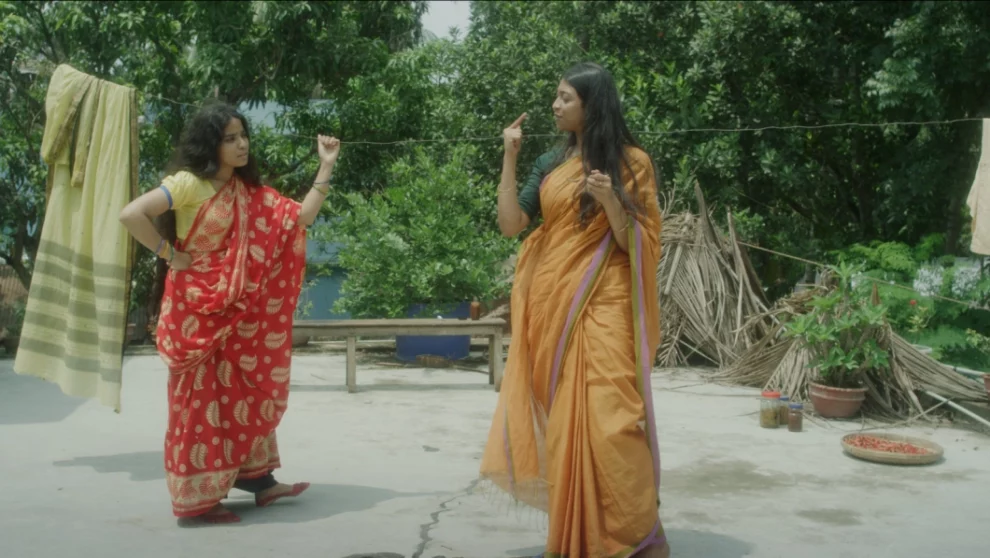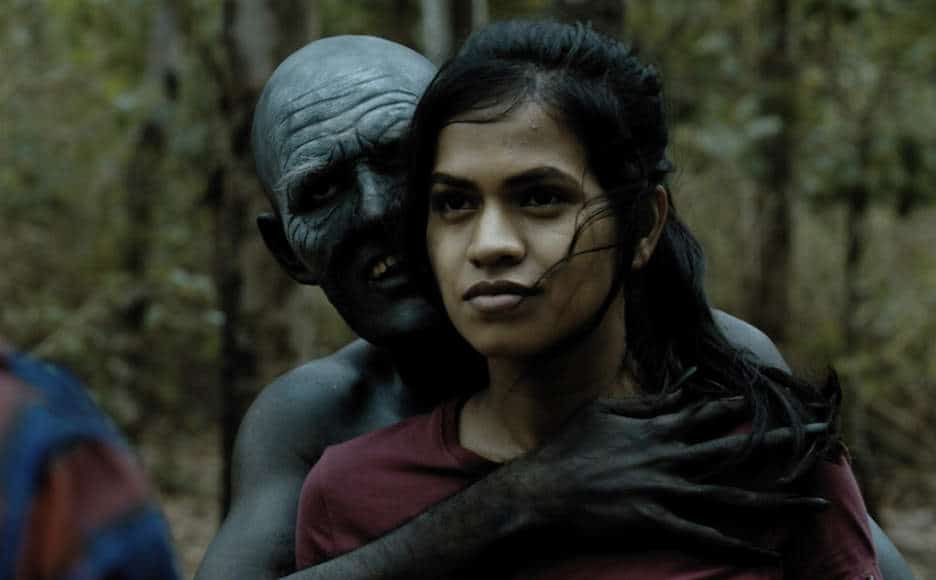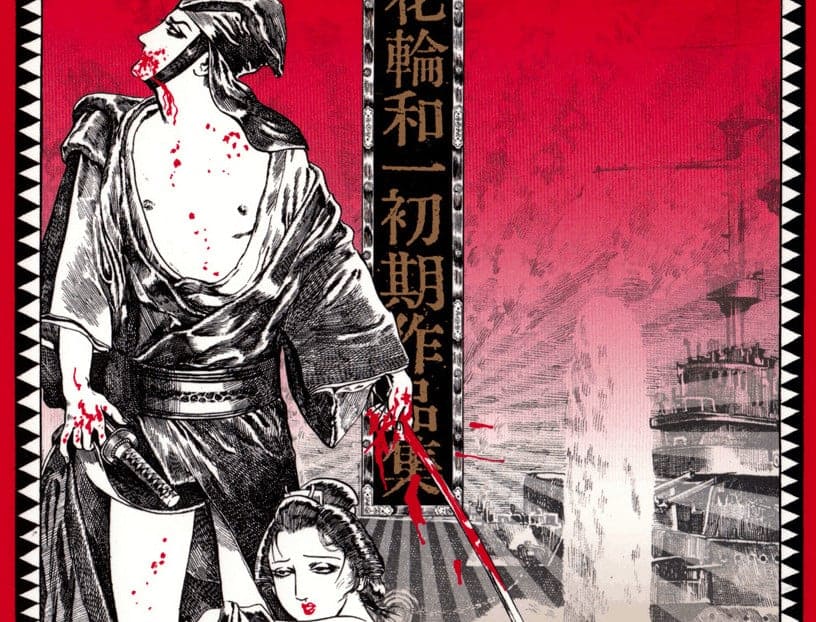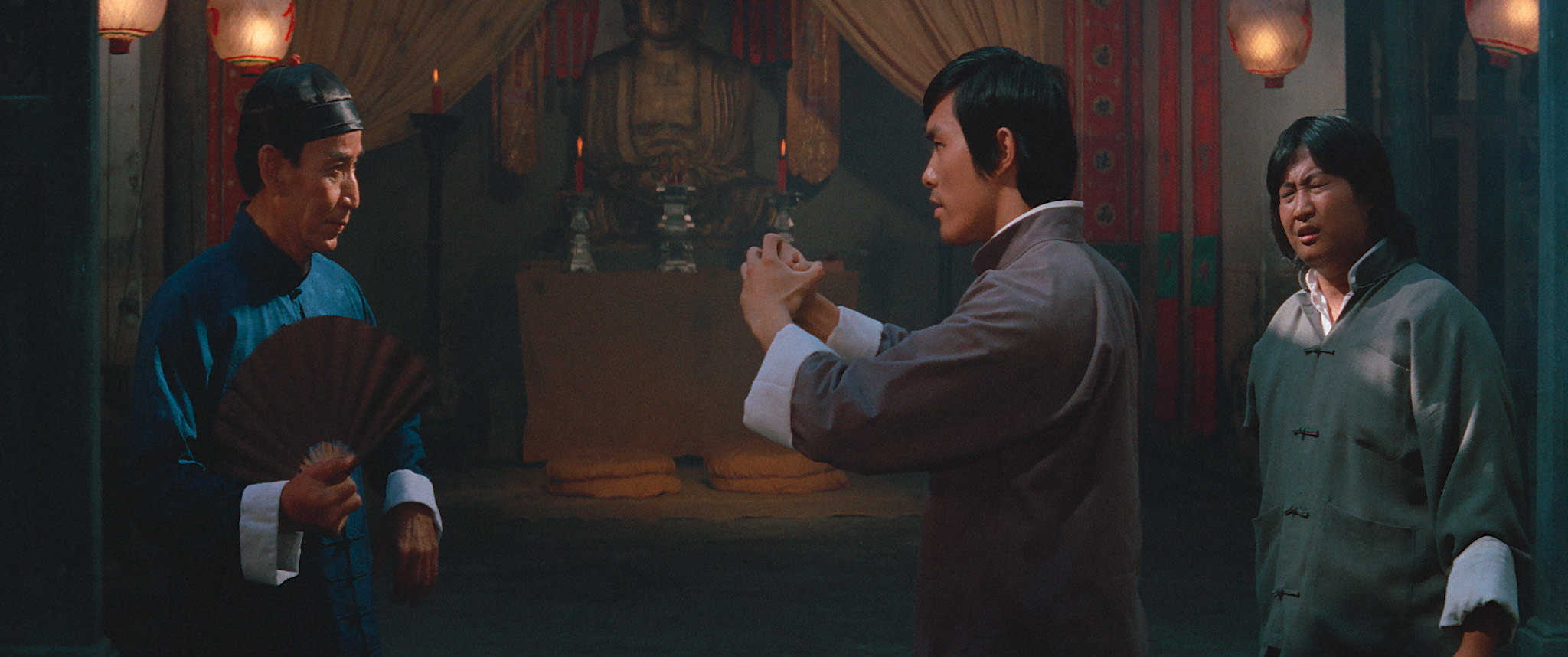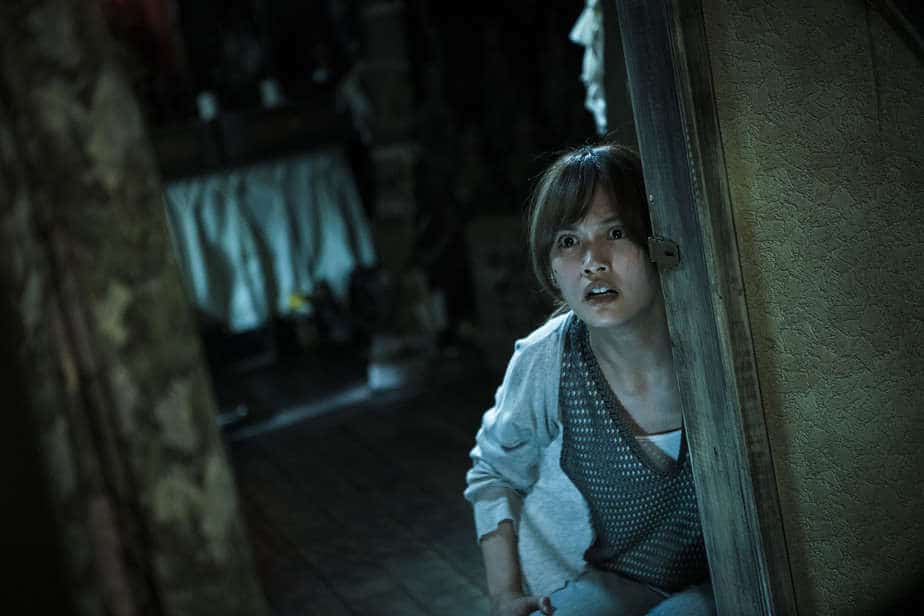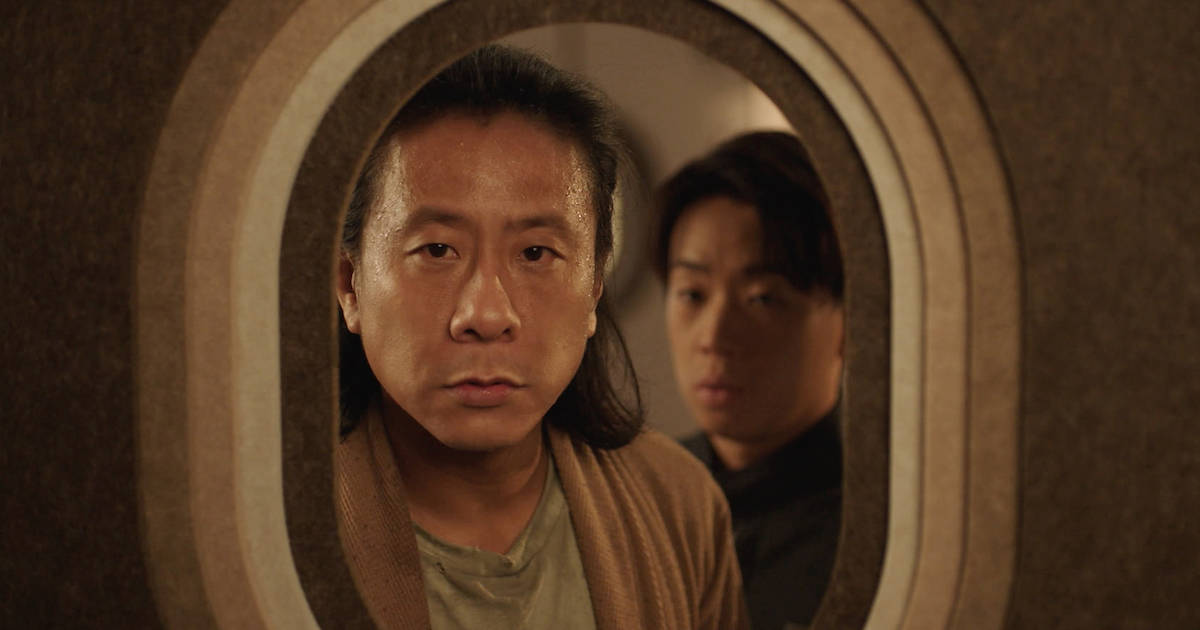Based on real characters around Leesa Gazi's actual life, including her own story of being a divorcee during the 90s in Bangladesh and her own 2011 novella, “A House Named Shahana” is an effort to portray the place of women in the country in the particular decade, which echoes, though, quite accurately even today.
A House Named Shahana is screening at Indian Film Festival Los Angeles

The story moves back and forth between the present and the past of Dipa, who lives in a small town in the family's house in Bangladesh. As a young girl, and having committed something that was perceived as a teenage indiscretion, she was forced to marry a widower in England, over a long-distance nikah ceremony. The instigators were her uncle and aunt, the undisputed leaders of the family, while her weak and ineffectual father and stepmother did not even dare say anything. While there, she suffered abuse and constant indiscretions in the hands of her intensely Muslim husband, but managed to escape and return to her house.
If you like A House Named Shahana, check also this video
In Bangladesh again, despite suffering from the stigma, she managed to get a medical degree, and in general, to live her life at least partially the way she wanted to. A girl who helps in the household, Julenkah and a widowed college professor, Shukhomoy offer her friendship and support, but eventually, her uncle decides to hold a ritual to remove that djinn that is supposedly dominating her. In the ritual, a little girl, Pori, the ‘exorcist' (ojha) considers his property is involved, and the protagonist decides to take her under her protection. Her effort causes even more problems.
Considering the level of patriarchy in Bangladesh, which seemed to be even more intense during the 90s, it becomes quite evident that Leesa Gazi's effort here is as important as the narrative is realistic. That women were considered essentially ownership of their fathers and then of their husbands becomes painfully evident, as much as the fact that even those who dared go against the ‘rules' were considered pariahs and were essentially persecuted by both sexes.
It is also this aspect that makes Dipa a truly heroic figure, even more so during the rather dramatic experiences she had in the UK, and thus creating particular empathy for the character. This aspect also benefits the most by Aanon Siddiqua's acting in the part, with her being exceptional in the role, both in the dramatic and the more light moments, with her ‘performances' in front of the mirror definitely staying on mind. The same applies to the character of Julenkha, whose feistiness and cheekiness is portrayed with gusto by Kamrunnahar Munni.
In terms of context in general, the whole movie works quite well. The irony of Dipa's family considering her possessed for getting a divorce and not wishing to marry again, the fact that Shukhomoy is not a savior, just a friend and even the reactions of the tailor when she asks for deep pockets in her attire, just like men, and of the divorce lawyer are all excellently implemented here, adding to the contextual value of the film.
Kosher Musavvir's cinematography is on a very high level too, with the documentary-like realism that dominates the images fitting the narrative to perfection, while the panoramic zoom out of the finale will definitely stay on the mind of the viewer.
At the same time, though, there are a number of issues here, both inherent to Bangladeshi cinema and otherwise. For starters, the unnecessarily poetic approach on occasion, also intensified by the placement and overall nature of the songs does not work well at all, essentially detracting from the impact of the story. In general, the job done in the sound is not particularly good, an element that adds to the fact that Gazi implemented a directorial approach that seems somewhat disconnected from what is happening on screen. Furthermore, the placement of the flashbacks can be confusing on occasion, and in general, it is far from ideal, while there are many issues with the pacing overall. Add to that the duration of the movie, which has been extended unnecessarily to 2 hours and the complete lack of tension, in a film that essentially demanded it, and you have the bulk of the issues in the film.
Overall, “A House Named Shahana” emerges as one of those films that their importance outweighs any talk about their quality. At the same time though, it is also a movie that would definitely benefit from a better directorial approach, since its issues are painfully evident on occasion.


